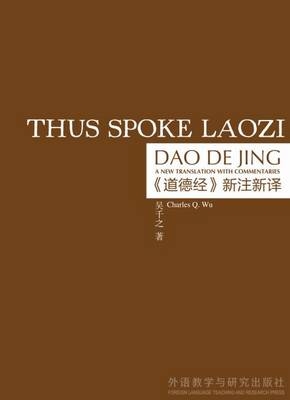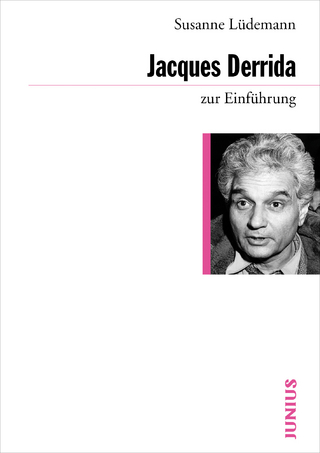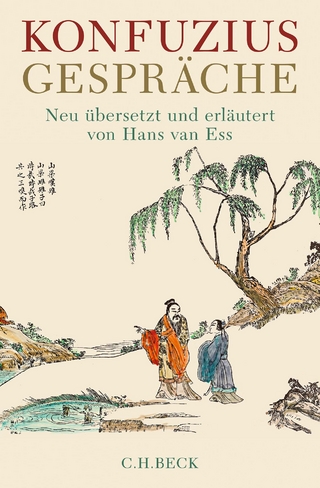
Thus Spoke Laozi
A New Translation with Commentaries of Dao De Jing
Seiten
2016
University of Hawai'i Press (Verlag)
978-0-8248-5641-0 (ISBN)
University of Hawai'i Press (Verlag)
978-0-8248-5641-0 (ISBN)
Daodejing (Tao Te Ching) by Chinese philosopher Laozi (Lao Tzu) is one of the most popular Chinese texts, with more than 100 translations available. Why yet another? Author Charles Q. Wu believes that his explorations of the infinite nature of the Daodejing can “bring the readers yet another step closer to what Laozi actually says and how he says it through still another translation.”
Daodejing (Tao Te Ching) by Chinese philosopher Laozi (Lao Tzu) is one of the most popular Chinese texts, with more than 100 translations available. Why yet another? Author Charles Q. Wu believes that his explorations of the infinite nature of the Daodejing can ""bring the readers yet another step closer to what Laozi actually says and how he says it through still another translation."" The strength of Wu's version comes from his superior bilingual talents and unique cross-cultural perspective, allowing him to draw widely from both Chinese and Western sources. He provides his target audience of nonacademics and non-Chinese readers with line-by-line bilingual text and commentaries, and tries to retain the original beauty of the poetry and paradoxes of Laozi's writings. His ambition here is for English-speaking readers to experience what Laozi ""sounds"" like, as if they were reading the work in Chinese.
Taking a fresh look at what is known as the Wang Bi edition of Laozi's immortal work, Wu makes use of new findings from recent archaeological discoveries, and invites readers to ""participate in the translation and interpretation as an open-door, open-ended process."" Rather than claiming finality in his translation, Wu sees himself as a tour guide—leading readers toward unexpected aha! moments as they encounter a more thorough understanding of the Daodejing.
Daodejing (Tao Te Ching) by Chinese philosopher Laozi (Lao Tzu) is one of the most popular Chinese texts, with more than 100 translations available. Why yet another? Author Charles Q. Wu believes that his explorations of the infinite nature of the Daodejing can ""bring the readers yet another step closer to what Laozi actually says and how he says it through still another translation."" The strength of Wu's version comes from his superior bilingual talents and unique cross-cultural perspective, allowing him to draw widely from both Chinese and Western sources. He provides his target audience of nonacademics and non-Chinese readers with line-by-line bilingual text and commentaries, and tries to retain the original beauty of the poetry and paradoxes of Laozi's writings. His ambition here is for English-speaking readers to experience what Laozi ""sounds"" like, as if they were reading the work in Chinese.
Taking a fresh look at what is known as the Wang Bi edition of Laozi's immortal work, Wu makes use of new findings from recent archaeological discoveries, and invites readers to ""participate in the translation and interpretation as an open-door, open-ended process."" Rather than claiming finality in his translation, Wu sees himself as a tour guide—leading readers toward unexpected aha! moments as they encounter a more thorough understanding of the Daodejing.
Charles Q. Wu is professor emeritus of Chinese and humanities at Reed College, USA.
| Verlagsort | Honolulu, HI |
|---|---|
| Sprache | englisch |
| Maße | 152 x 229 mm |
| Gewicht | 337 g |
| Themenwelt | Geisteswissenschaften ► Philosophie ► Östliche Philosophie |
| Geisteswissenschaften ► Religion / Theologie ► Weitere Religionen | |
| ISBN-10 | 0-8248-5641-4 / 0824856414 |
| ISBN-13 | 978-0-8248-5641-0 / 9780824856410 |
| Zustand | Neuware |
| Haben Sie eine Frage zum Produkt? |
Mehr entdecken
aus dem Bereich
aus dem Bereich


